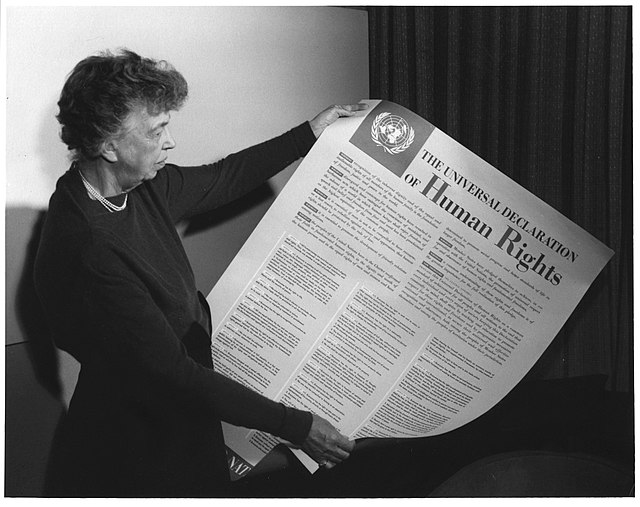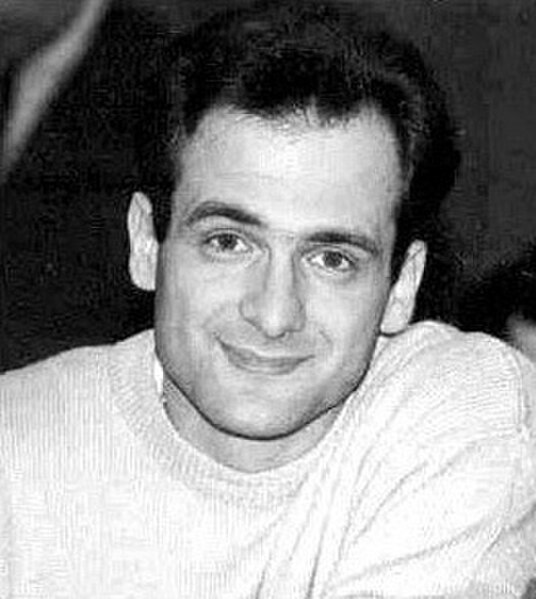Freedom of the press or freedom of the media is the fundamental principle that communication and expression through various media, including printed and electronic media, especially published materials, should be considered a right to be exercised freely. Such freedom implies the absence of interference from an overreaching state; its preservation may be sought through the constitution or other legal protection and security. It is in opposition to paid press, where communities, police organizations, and governments are paid for their copyrights.
Cumhuriyet's former editor-in-chief Can Dündar receiving the 2015 Reporters Without Borders Prize. Shortly after, he was arrested.
Georgiy Gongadze, Ukrainian journalist, founder of a popular Internet newspaper Ukrainska Pravda, who was kidnapped and murdered in 2000.
First page of John Milton's 1644 edition of Areopagitica
The Statute was adopted as the constitution of the Kingdom of Italy, granting freedom of the press.
Freedom of speech is a principle that supports the freedom of an individual or a community to articulate their opinions and ideas without fear of retaliation, censorship, or legal sanction. The right to freedom of expression has been recognised as a human right in the Universal Declaration of Human Rights and international human rights law by the United Nations. Many countries have constitutional law that protects free speech. Terms like free speech, freedom of speech, and freedom of expression are used interchangeably in political discourse. However, in a legal sense, the freedom of expression includes any activity of seeking, receiving, and imparting information or ideas, regardless of the medium used.

Eleanor Roosevelt and the Universal Declaration of Human Rights (1948)—Article 19 states that "Everyone has the right to freedom of opinion and expression; this right includes freedom to hold opinions without interference and to seek, receive and impart information and ideas through any media and regardless of frontiers."
Orator at Speakers' Corner in London, 1974
Permanent Free Speech Wall in Charlottesville, Virginia, U.S.
Title page of Index Librorum Prohibitorum, or List of Prohibited Books (Venice, 1564)








